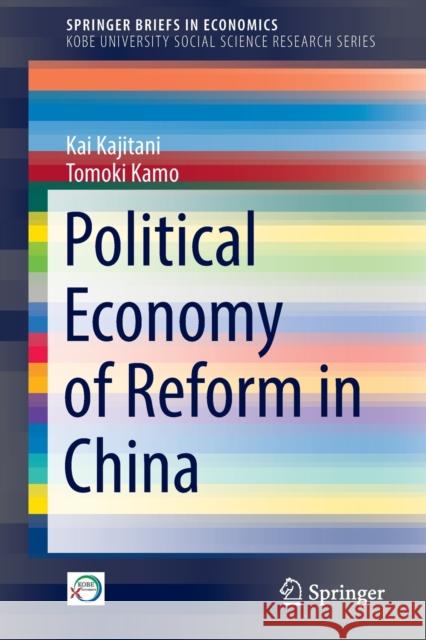Political Economy of Reform in China » książka
topmenu
Political Economy of Reform in China
ISBN-13: 9789811902017 / Angielski / Miękka / 2022 / 102 str.
Kategorie:
Kategorie BISAC:
Wydawca:
Springer
Język:
Angielski
ISBN-13:
9789811902017
Rok wydania:
2022
Ilość stron:
102
Waga:
0.15 kg
Wymiary:
23.39 x 15.6 x 0.53
Oprawa:
Miękka
Wolumenów:
01
Dodatkowe informacje:
Wydanie ilustrowane











